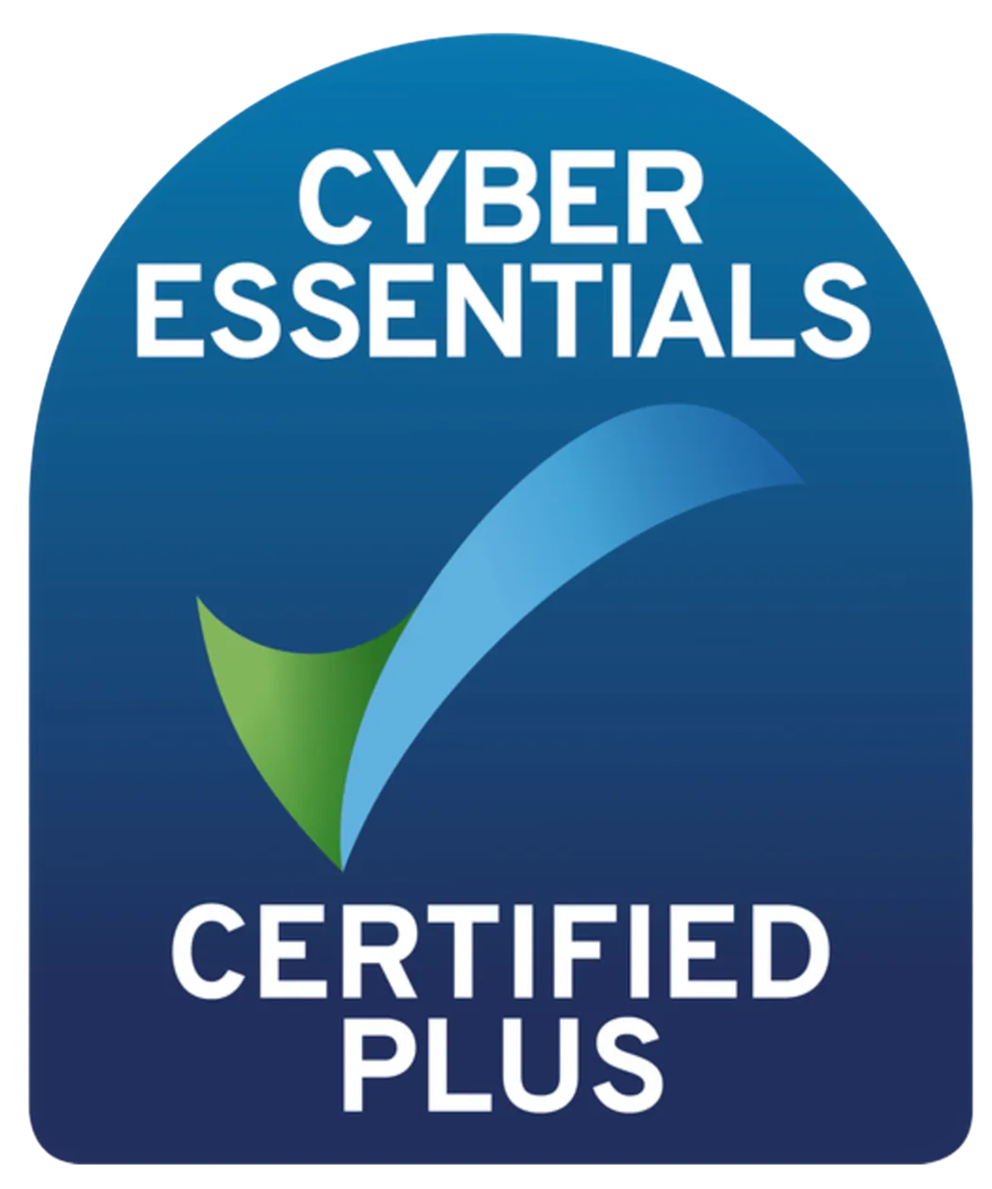Please click on the sections below to learn more about SEND at St Mary’s.
Miss C Moore – SENDCO
Mrs J Heyes – SENDCO
TEL: 01706 378032
Speak to your child’s class Teacher. The Teacher may then refer you to the SENCO who will explain the procedures in place in school to address your child’s needs.
Special educational provision is educational or training provision that is additional to or different from that made generally for others of the same age. This means provision that goes beyond the differentiated approaches and learning arrangements normally provided as part of high quality, personalised teaching in the classroom.
Areas of Special Educational Need
Special educational needs and provision can be considered as falling under four broad areas:
1. Communication and interaction
2. Cognition and learning
3. Social, mental and emotional health
4. Sensory and/or physical
Many children and young people have difficulties that fit clearly into one of these areas; some have needs that span two or more areas; for others the precise nature of their need may not be clear at the outset and as a school we strive to work with our families to identify any specific needs.
Behavioural difficulties do not necessarily mean that a child or young person has a SEND and will not automatically lead to a pupil being registered as having SEND. However, consistent disruptive or withdrawn behaviours can be an indication of unmet SEN, and where there are concerns about behaviour, there will be an assessment to determine whether there are any causal factors such as undiagnosed learning difficulties, difficulties with communication or mental health issues.
Communication and interaction
Children and young people with speech, language and communication needs (SLCN) have difficulty in communicating with others. This may be because they have difficulty saying what they want to, understanding what is being said to them or they do not understand or use social rules of communication. Children and young people with ASD, including Asperger’s Syndrome and Autism, are likely to have particular difficulties with social interaction. They may also experience difficulties with language, communication and imagination, which can impact on how they relate to others.
Cognition and learning
Support for learning difficulties may be required when children and young people learn at a slower pace than their peers, even with appropriate differentiation. Learning difficulties cover a wide range of needs, including moderate learning difficulties (MLD), severe learning difficulties (SLD), where children are likely to need support in all areas of the curriculum and associated difficulties with mobility and communication, through to profound and multiple learning difficulties (PMLD).
Specific learning difficulties (SpLD), affect one or more specific aspects of learning. This encompasses a range of conditions such as dyslexia, dyscalculia and dyspraxia.
Social, emotional and mental health difficulties
Children and young people may experience a wide range of social and emotional difficulties which manifest themselves in many ways. These may include becoming withdrawn or isolated, as well as displaying challenging, disruptive or disturbing behaviour. These behaviours may reflect underlying mental health difficulties such as anxiety or depression, self-harming, substance misuse, eating disorders or physical symptoms that are medically unexplained. Other children and young people may have disorders such as attention deficit disorder, attention deficit hyperactive disorder or attachment disorder.
Please click here to view the SEND Code of Practice.
SENDIASS (Special Educational Needs Disability Information Advice Support Service) provides free confidential and impartial information, advice and support to disabled children and young people aged 0-25, and those have or may have special educational needs, and their parents. If you are aged 16+ you are able to request support for yourself.
Please click here to learn more.
At St. Mary’s we are working in line with the new SEN Code of Practice, 2014. The school has a special needs register which records children who receive SEN Support and children who may require an EHC Plan (Education, Health and Care Plan). In addition, the school has a focus group of children who receive additional support to enable them to ‘catch up’.
Catch Up Programs
A child may access Catch Up interventions if evidence collected by the class Teacher suggests that the pupil is not making progress and additional provision is needed. Interventions are reviewed termly and progress measured. All classes have a Provision Grid that is reviewed termly. This will detail what provision is to be made, the time taken to carry it out and the person responsible for managing the programme.
SEN Support
If the child is placed in SEN Support, following discussion with parents after Catch Up interventions have been accessed, and it is felt that further provision is needed (over and above that of the Quality First Teaching taking place in each class) this will often include the involvement of outside specialists e.g. Educational Psychologist, Speech and Language Therapist or Child Psychologist.
Education, Health and Care Plan (My Plan) previously known as Statements
A Statutory Assessment can only be requested if the child demonstrates a significant cause for concern eg exceptionality or complex needs and if Quality First Teaching and SEN Support does not meet their needs. This would be in agreement between outside agencies involved as well as parents and School. If you would like any further information about Statutory Assessment, please do not hesitate to contact our SENDCOs, Miss Moore or Mrs Heyes.
At all stages, the SENCO will discuss the individual needs of the child with the parents.
What the school may do to support and help your child
There are many Intervention Programmes that the school can put in place to help your child. The interventions fall into 3 Waves.
WAVE ONE – Quality First Teaching
Pupils are offered an inclusive and differentiated experience in everyday lessons, with the majority of pupils making good progress without additional support.
WAVE TWO – ‘Catch up’ or Booster Programmes
Pupils are offered additional help to accelerate learning. This may be a small group, targeted intervention, timetabled to ensure children benefit from the experience.
WAVE THREE – Intensive Targeted Support
Individual support, linked to specific personal targets. Pupils receiving this level of support will often require additional input/advice from outside agencies. Care Plans can be implemented for intervention for specific/medical needs.


